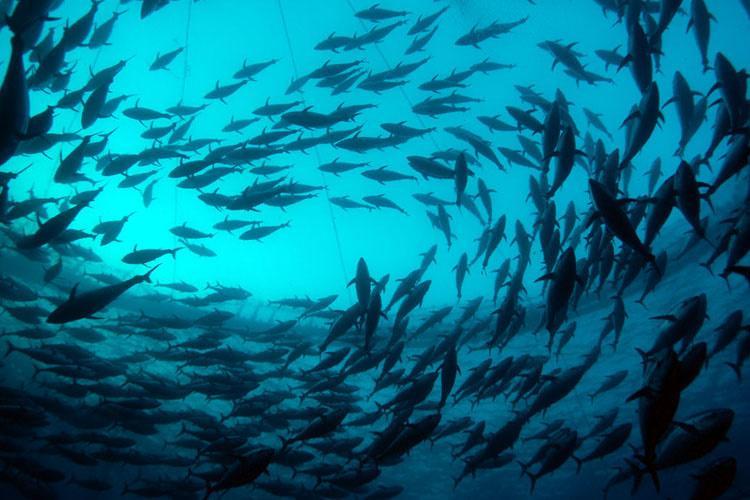The World Trade Organization (WTO) failed to successfully conclude a second phase of negotiations to reach an agreement on fisheries among its 164 members.
What does the draft fisheries agreement not adopted at the Thirteenth Ministerial Conference (MC13) in Abu Dhabi, United Arab Emirates, say?
Part of that draft is as follows:
No Member shall grant or maintain subsidies to fishing or fishing-related activities that contribute to overcapacity or overfishing.
For the purposes of this paragraph, subsidies that contribute to overcapacity or overfishing include:
- Subsidies for the construction, acquisition, maintenance, modernization, modernization, refurbishment, or improvement of vessels.
- Subsidies for the purchase or sale of fishing vessels; and
- Subsidies for the purchase or maintenance of machinery and equipment for vessels (including fishing gear and engines, fish processing machinery, fish finding technology, refrigerators, or fish sorting or cleaning machinery.
- Subsidies for the purchase/costs of fuel, ice or bait.
- Subsidies for personnel costs, social charges or insurance.
- The support of the income of the vessels or operators or of the workers employed by them, except for subsidies applied for subsistence purposes during seasonal closures.
- The support of the prices of fish caught.
- Subsidies for assistance at sea.
- Subsidies to cover operating losses of vessels or fishing or fishing related activities.
WTO
A subsidy is not inconsistent with the preceding Article if the subsidizing Member demonstrates that measures are in place to maintain the stock or stocks of the fishery or fisheries concerned at a biologically sustainable level.
As for the first phase, in June 2022, WTO Members adopted the text of the WTO Agreement on Fisheries Subsidies, with several important disciplines, including prohibitions on subsidies to vessels or operators engaged in illegal, unreported and unregulated (IUU) fishing, subsidies to fishing for overfished stocks, and subsidies to unregulated high seas fishing.
Next attempt
«In the second wave of negotiations on fisheries subsidies, some outstanding differences were narrowed, but many more remain,» said Director-General Ngozi Okonjo-Iweala.
«While I had hoped that we would be able to conclude these negotiations in Abu Dhabi, you have paved the way for their conclusion at the next Ministerial Conference in Abu Dhabi,» said Ngozi Okonjo-Iweala.

